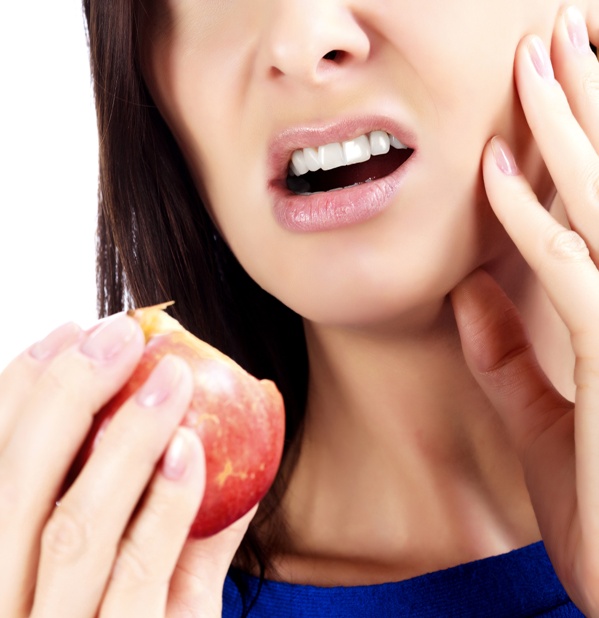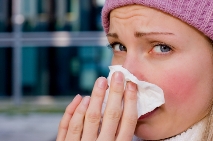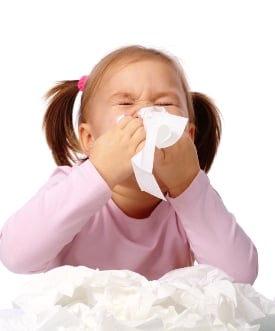Autumn Frandsen ND
Allergies are a Common, Chronic Problem
According to the Asthma & Allergy Foundation of America, 1 in 5 people are affected by both allergies and asthma and 1 in 3 people are affected by allergies alone. Allergists and immunologists characterize allergies as an overreaction of the human immune system to a foreign protein substance (“allergen”) that is eaten, breathed into the lungs, injected or touched, and have identified allergy symptoms as coughing, sneezing, itchy eyes, runny nose and scratchy throat. They say severe cases can also result in rashes, hives, lower blood pressure, difficulty breathing, asthma attacks, and even death. I have found that allergies can also present as dizziness, allergic conjunctivitis, gastrointestinal symptoms (including Crohn’s and colitis), anxiety, fatigue, depression, body pain, and insomnia.
Some Suffer Allergy Symptoms Year Round
Contrary to popular belief, allergies do not always limit themselves to “allergy season”. Seasonal allergies are often just the body’s warning sign for a bigger struggle going on in the body. Often, year round allergies will present as something entirely different than the typical sneezing, wheezing, itching, and watery eyes that are commonly associated with seasonal allergies. What happens when someone has these symptoms all year round? Are they still considered seasonal allergies? Sometimes. If a person is affected by different allergens at different times during the year, the seasons still dictate allergen growth, so technically, they are seasonal allergies. However, for some allergy sufferers, there is no relief once the season is over. I have many patients that this applies to, while most patients experience symptoms only in the spring and fall. The mold allergan that is prevalent in the fall (see Fall Allergies, Look Out for Ragweed and Mold) can cause lingering problems into the winter while newly blossoming flowers, trees, and shrubs can start affecting people at the end of the winter, and into the spring and the summer. One example of this is a patient of mine who had visited several optometrists and ophthalmologists due to pus coming out of her eye in large quantities periodically through the day. She received many different eye drops including steroidal eye drops and allergy eye drops with no relief from any of them. She came to see me and we identified several environmental allergies that were only manifesting as allergic conjunctivitis. She was skeptical about this information because she had used allergy drops in her eyes with no relief and assumed that if the allergies were bothering only her eyes then a direct application of medicine to her eye seemed like it would treat the problem if that was indeed the problem. I explained that allergies can cause a reaction on an immunological level and in attempt to purge the body of harmful substances, it may have attempted to express them out through any means necessary. This indicates that it wasn’t necessarily her eyes that were affected but that there was something more serious going on inside. After doing some lab testing, we found that she had an autoimmune condition underlying her immediate concern. Identifying the allergies and correcting them not only cleared up her eyes, but brought her high antibody complexes in her body down to normal range.
The Problem with Allergy Shots
.png?width=305&height=132&name=NIHAlogoBLUE_3_transparent%20(2).png)









